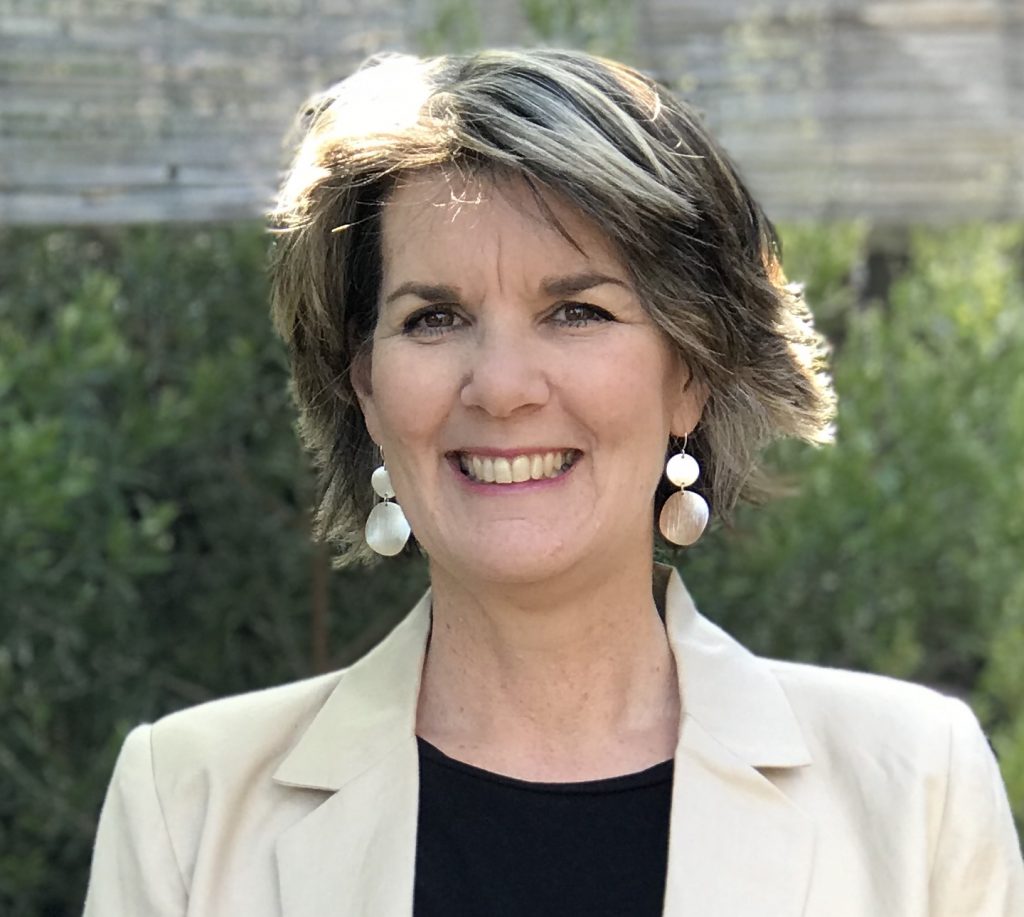Insights: 7 September 2021
Portland House Foundation (PHF) is a family foundation based in Melbourne. They first connected with FRRR in 2013 when they donated to BlazeAid’s not-for-profit Fundraising Account held with FRRR. In the last few years, PHF has supported FRRR’s Strengthening Rural Communities and Back to School programs, including bushfire streams. In total, they’ve generously donated more than half a million dollars to support Victoria’s remote, rural and regional communities.
In this Q&A, Paula Thomson, Philanthropy Manager at Portland House Foundation shares their appreciation and understanding of the challenges that disadvantaged members of remote, rural and regional communities can face, and their belief that small grants are often the seed funding needed to support an idea that will make a big difference to local people and their livelihoods. PHF has a history of collaboration, in fact they see it as the key to funding.

Can you tell us a little about Portland House Foundation, its background, and what impact you’re seeking to achieve through your generosity?
Portland House Foundation (PHF) is a Melbourne family’s giving vehicle, and began operating in 2004. It has a charter that’s aimed at moving people out of disadvantage.
Why do you believe that it is important to support remote, rural and regional communities?
While there are many aspects of rural and regional living that exemplify community and connection, we understand there can also be disadvantages in living long distances from major cities. Services and specialist health care are often scarce, meaningful employment opportunities for young people can be rare, and the smaller populations means there are fewer people to support community projects. We recognise that responsibility often falls to the same people in small communities to get great ideas off the ground, and they often just need seed funding to help them on their way. These small grants go a long way in places where volunteers and in-kind support are plentiful.PHF funding is generally focussed on Victoria, and on the importance of maintaining the vibrancy, health and wellbeing of the small communities that provide food, fibre and cultural fabric of Australian life. Where we can, we like to co-fund too.
Since 2013 Portland House Foundation has donated more than half a million dollars to FRRR to support rural, regional and remote communities. Can you tell us more about who else you’ve partnered with and what impacts that has had?
PHF has a history of giving through community foundations, and the devolved giving has extended our reach in various communities from inner city to regional areas.
PHF has partnered with Northern Rivers Community Foundation, Border Trust and Inner North Community Foundation. The impact of all these funding relationships is the closer understanding they have of their local communities, which we could never achieve from our Collins Street location. These organisations give us eyes and ears on the ground, and local acumen which is worth so much in attracting the right projects and tracking the outcomes for locals.
FRRR was a natural fit when we sought to benefit rural Victorians, and particularly to support bushfire recovery. In the beginning, it was the understanding that FRRR really has the best reach into smaller remote and rural communities. We’ve been able to support a wide range of projects that we might not be able to fund directly, such as:
More broadly funds have been used to support local arts programs; healthcare equipment; software that helps aged care residents connect with their families to reduce social isolation and many more.
Over the years, Portland House Foundation has contributed to several collaboratively funded grant programs run by FRRR. Do you see benefits in collaboratively funded programs?
PHF is pleased to have funds pooled and projects shared with other funders, collaboration will always be key in funding. Many hands make light work. For example – we have been contributing to FRRR’s Back to School and Strengthening Rural Communities programs including their additional bushfire streams. It’s so heartening to know that this year PHF’s contribution supported 1,054 students and families with $50 Back to School vouchers in places affected by the Black Summer bushfires. The distribution of these vouchers is assisted by local community organisations and community foundations, ensuring they get to the children and families who need a helping hand. It would be very difficult for a family foundation like ours to have such far reach and support so many without collaboration.
A great example of this is when our funds were combined with The Ross Trust to enable the Centre of Participation to purchase a coffee machine and other accessories for their ‘Harmony Van’. It is used to provide hospitality and food handling training to migrant women and disabled youth across the Wimmera Southern Mallee region.
How would you describe your relationship with FRRR / If someone asked you about working with FRRR, what would you tell them?
We would recommend FRRR to any donor wishing to reach small communities in regional Australia. The aspect of FRRR that allows funding of non DGR projects is a distinct advantage, as is the reach into areas that metro based entities cannot easily achieve. We have found the FRRR team flexible and accommodating in recommending projects that fit our charter, and importantly meet the needs and priorities of local communities.
Finally, do you have any advice to other philanthropic organisations / individuals when choosing a not-for-profit to partner with?
Philanthropy is such a great way to learn about the world around us, so don’t wait until you’re an expert. Seek out experts like FRRR and reap the benefits of their networks. Work with people you trust, who have access to projects you could never reach and enjoy the learning that comes from branching out.

